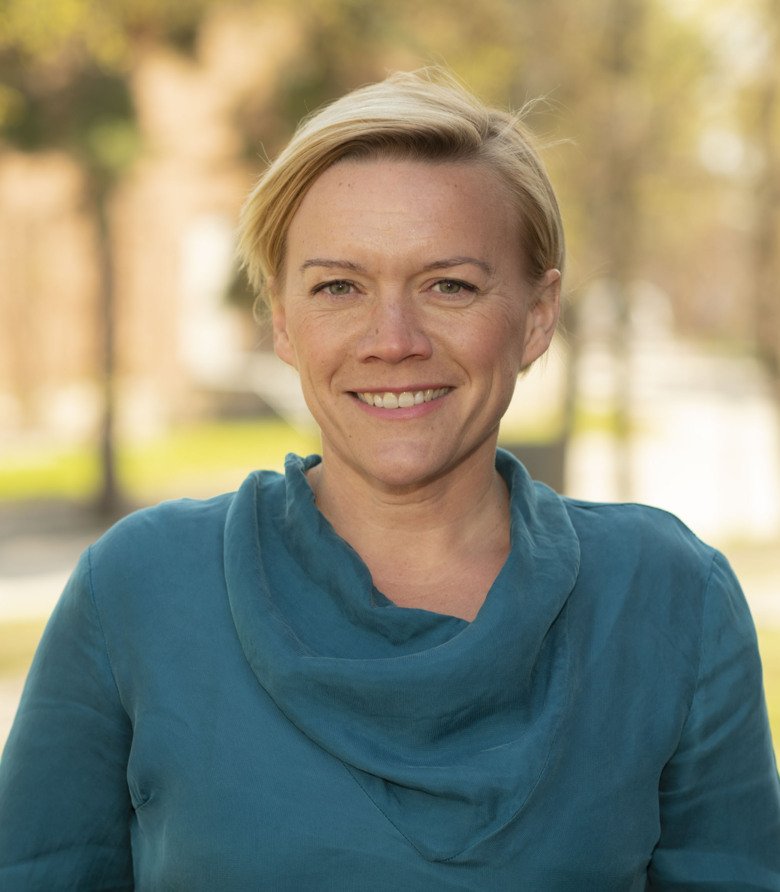Researching to improve medical education
KI’s educational programmes should be world-leading both in their content and educational methodology. Terese Stenfors is studying how medical learning processes operate and works with the integration of research into KI’s own education.

What are you researching?
“I’m researching learning in healthcare – in terms not only of the students but also of the medical professionals and their patients. The aims of our research are to gain a better understanding of how learning processes operate and to develop a pedagogy that improves learning and, ultimately, care provision and health. I also work with the integration of pedagogical research into KI’s courses and programmes. As part of the field of pedagogy, medical education has its own preconditions and challenges, owing to the presence of the patients and to the fact that it concerns matters of life and death. It also embodies a complex blend of theoretical and practical learning.”
How has the pandemic affected your research?
“We’ve devoted much of our research to issues related to distance teaching and the huge technical step that education at KI needed to take almost over night. Holding good lectures online can be a challenge in itself, but how do you teach practical skills at a distance? How do you examine them? This year has been an eye- opener in terms of what is actually possible. The pandemic has also illustrated how important medical education is outside the university as well – a lot of this crisis has been about our ability to communicate medical knowledge effectively to both the healthcare apparatus and to society at large.”
What else are you doing?
“Lifelong learning for healthcare professionals and peer learning – students learning from each other – are two recurring themes in our research. A third is new technological tools for learning, such as apps, computer simulations and virtual patients. I often take part in large multidisciplinary projects, many of which contain a pedagogical angle. One current example is an app for diabetes patients. Another, which is just about to start, is a virtual patient for training healthcare professionals to have conversations on violence in intimate relationships.”
About Terese Stenfors
Professor of Medical Education at the Department of Learning, Informatics, Management and Ethics
Terese Stenfors was born in Östersund in 1975. She studied computer and systems science at Stockholm Univer- sity (SU), graduating with a master’s degree in 2003. After working as a teacher and research assistant at SU and KTH Royal Institute of Technology and earning a licentiate degree at SU, she joined the Department of Learning, Informatics, Management and Ethics (LIME) at KI in 2005, where she obtained her PhD in 2011 on the thesis “Being and Becoming a Medical Teacher”.
After a period of postdoc research between 2011 and 2013 at the University of British Columbia, Canada, Stenfors returned to LIME, where she has led a research group and been head of the Evaluation Unit since 2014. She was made docent in 2017.
Terese Stenfors was appointed Professor of Medical Education at Karolinska Institutet on 1 June 2021.
Text: Anders Nilsson
First published in the booklet From Cell to Society 2021.
